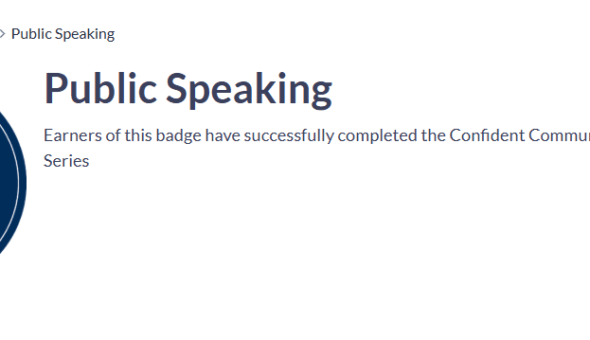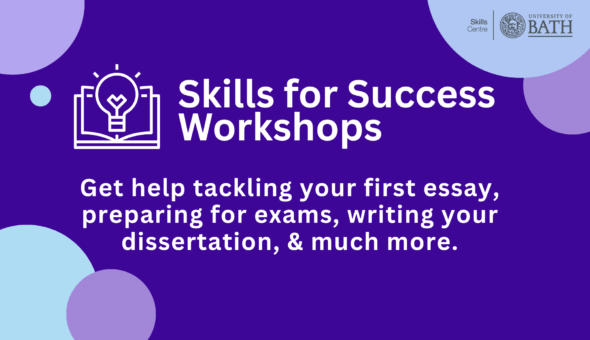Beyond the hype: What Generative Artificial Intelligence (GenAI) really means for your academic journey.
GenAI is not just another digital tool, it is a cognitive amplifier that can fundamentally reshape how you think, question, and develop knowledge. Unlike traditional Artificial Intelligence (AI) that processes and categorises, GenAI generates novel content through sophisticated pattern recognition across vast knowledge networks. This capability to synthesise, hypothesise, and iterate makes it uniquely suited as a collaborator rather than a mere answer-generator.
The distinction matters profoundly: viewing GenAI as a task-completion service reduces it to an expensive and sometimes flawed calculator. Engaging with it as a thinking partner opens possibilities for deeper learning, more rigorous argumentation, and enhanced creativity. The question is not whether you will encounter GenAI in your academic and professional future but rather how to master the art of ethical and effective dialogue with it.
Reframing your relationship with GenAI: From consumer to collaborator
The Dialectical Approach
Transform your GenAI interactions from simple queries to structured intellectual debates. Present your initial thesis, challenge it through the AI's alternative perspectives, then refine your position. This Socratic method of engagement forces you to articulate assumptions, defend positions, and explore counterarguments you might never have considered.
The Iterative Deepening Strategy
Move beyond single-shot questions to sustained inquiry chains. Begin with broad conceptual exploration, then progressively narrow focus while increasing complexity. Each exchange should build upon previous insights, creating a spiral of deepening understanding rather than scattered information gathering.
The Critical Lens Protocol
Systematically question every GenAI response through multiple analytical frameworks. Examine claims through disciplinary lenses, methodological critiques, and epistemological challenges. This transforms passive consumption into active intellectual scrutiny.
The cognitive amplification paradox
Here lies the central tension: GenAI can simultaneously enhance and diminish your intellectual capabilities. It can accelerate your research, illuminate blind spots, and generate novel connections, but it can also create intellectual dependency, reduce tolerance for uncertainty, and homogenise thinking patterns.
Consider the implications: Are you using GenAI to expand your intellectual horizons or to avoid the productive struggle of working through complex problems? The difference determines whether you are developing expertise or expertise-dependency.
Navigating the ethical minefield
Beyond Plagiarism: The Authenticity Question
The ethical challenges extend far beyond academic integrity policies. When GenAI contributes to your thinking process, where does assistance end and intellectual substitution begin? How do you maintain authentic voice while benefiting from AI collaboration? These questions require ongoing reflection, not simple rule-following.
The Bias Amplification Problem
GenAI systems reflect and potentially amplify biases present in their training data. As a postgraduate researcher, you are not just a consumer of information but a producer of knowledge. Understanding how AI biases might infiltrate your work and developing strategies to counteract them becomes an ethical imperative.
The Transparency Imperative
In professional contexts, your GenAI engagement affects colleagues, institutions, and knowledge communities. Developing transparent practices about AI use is not just about compliance, it is about maintaining trust and enabling others to build upon your work effectively.
Future-proofing your intellectual practice
The GenAI landscape evolves rapidly, but the fundamental skill of thoughtful engagement with AI systems will remain valuable. Focus on developing meta-cognitive awareness: understanding not just what GenAI can do, but how your thinking changes when you engage with it.
This is not about achieving perfect balance but about cultivating intentional practice. Sometimes you will need to resist AI assistance to preserve cognitive independence. Other times, you will need to embrace it fully to tackle complex challenges. The wisdom lies in conscious choice-making.
Remember, the goal is not to master GenAI as a tool, but to develop wisdom about when, how, and why to engage with it as a collaborator. This distinction will define the next generation of scholars, researchers, and professionals.
Respond



